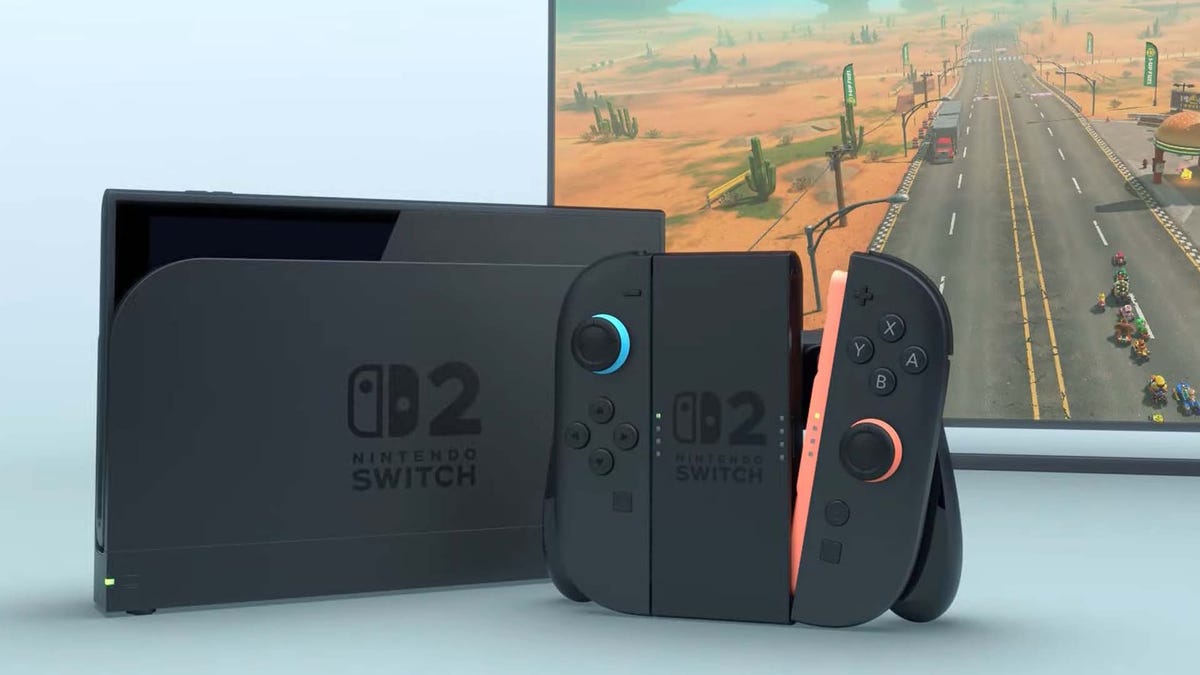Are credit-monitoring services worth it?
Editor’s note: This is a recurring post, regularly updated with new information. Are you worried a hacker could steal your personal information and open credit card accounts or take out loans in your name? A credit-monitoring service may protect you. However, credit-monitoring services are only warning systems; they provide alerts rather than prevent fraud. These …

Editor’s note: This is a recurring post, regularly updated with new information.
Are you worried a hacker could steal your personal information and open credit card accounts or take out loans in your name? A credit-monitoring service may protect you.
However, credit-monitoring services are only warning systems; they provide alerts rather than prevent fraud. These services will notify you if a new account is opened in your name or if your credit score changes. They won’t actually stop cybercriminals from accessing your personal data.
So, is it worth paying for these alerts? You’ll have to determine if paying for a credit-monitoring service is a smart financial move or if you want to rely on both credit monitoring and a credit freeze to add extra protection.
How credit-monitoring services work
A credit monitoring service will alert you when a credit application has been made in your name. If someone applies for a new credit card in your name, your credit-monitoring service will send you an alert. It goes beyond credit cards; for example, if someone tries to apply for a loan using your information, you’ll again receive an alert.
You’ll also receive an alert if your credit score changes. That’s important, too: Your score could take a big drop if hackers open a new credit card account in your name and then fail to make payments on this account. Those missed payments can send your score plummeting. A score that falls unexpectedly can be another warning that a hacker has stolen your personal information.

You can order credit-monitoring services from the three national credit bureaus: Experian, Equifax and TransUnion. These services aren’t free, though, and can add up to a significant amount of money depending on how long you use them.
You can also get credit monitoring from outside companies such as Credit Karma. This service is free. It’s important to note that Credit Karma only monitors your credit reports with Equifax and TransUnion, not with Experian. The credit-monitoring service provided by Credit Sesame is free, too, but it only looks at your TransUnion report, excluding your reports from Equifax and Experian.
To gain the most protection from credit monitoring, then, you’ll have to pay for the services offered by the national credit bureaus.
Equifax’s ID Patrol costs $16.95 a month; Experian offers free credit monitoring for your Experian credit report and FICO Score, or a premium version with all three bureaus for $24.99 a month; and TransUnion’s credit-monitoring service costs $29.95 a month. The bureaus charge these fees every month unless you cancel the service.
Are these fees worth it? It depends on how worried you are about identity theft and how willing you are to monitor your credit on your own.
Related: Your next credit card approval is in the hands of these 3 agencies
They won’t prevent all the pain
Credit monitoring provides real-time insights into your credit activity, alerting you when changes occur, such as a new credit card application or loan application being made in your name. The alert helps you detect the fraud right away, but it doesn’t necessarily stop a criminal from using your social security number illegally.

If you think a credit-monitoring service is right for you, there are several on the market, including one from each major credit bureau: Experian, Equifax and TransUnion. If you opt to use a third-party monitoring service, make sure they monitor all three of your reports. Additionally, review the cancellation policies of anything you sign up for to avoid unwanted charges.
If your social security number is compromised, it could take time to close unauthorized accounts, causing further frustration and a layer of complexity. You can pair credit monitoring services with credit freezes, which we’ll discuss in detail below.
You can monitor your credit on your own — for free
Credit-monitoring services, of course, are not the only way to watch for credit fraud. The good news is you can monitor your credit on your own without paying any fees.
To do this, you can order your free credit reports from AnnualCreditReport.com. You are entitled to one free credit report from each of the three national credit bureaus — TransUnion, Experian and Equifax — once a year. You can order one credit report at the beginning of the year, another in the middle and a third at the end.

Once you get these reports, you can study them for any unusual activity. If you find a credit card account opened in your name that you don’t remember applying for or a loan listed on your report that you never took out, contact the credit bureau immediately and report the fraud.
This isn’t a foolproof way to monitor your credit, of course. You might miss something by reading your credit reports on your own. Fraudulent activity could take place after you order one report and before you order the next. But this will save you money on credit-monitoring services.
The key is to determine whether you are comfortable enough reading your credit reports on your own or if you’d prefer the protection provided by a professional service.
Credit freezes matter, too
Another way to protect yourself from identity theft, and to do it for free, is to freeze your credit.
When you do this, lenders and creditors can’t access your credit reports. This means that these same financial institutions can’t open new loans or credit cards in your name. It’s a way, then, for people to prevent hackers from using their information to open new accounts.
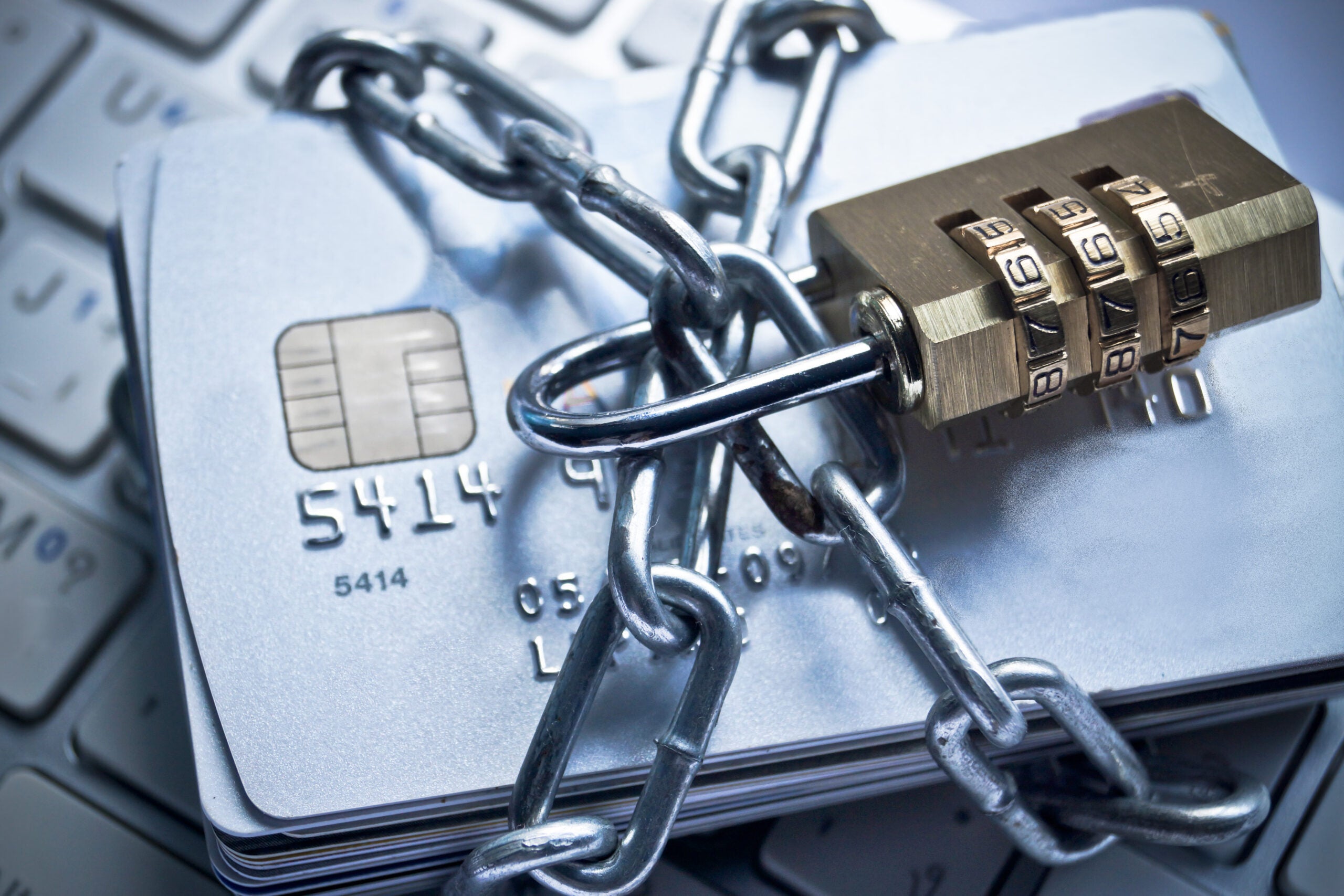
In good news, freezing your credit is free. You can also do it through the credit-monitoring services offered by the three credit bureaus by logging onto your account and requesting a freeze.
You must, though, order freezes with all three credit bureaus (Equifax, Experian and TransUnion) separately. If you order a freeze through your Experian credit-monitoring service, that won’t freeze your TransUnion or Equifax report. And if you do want to apply for a new credit card or take out a loan, you’ll have to unfreeze your credit with the same bureaus. You can then refreeze your credit once your loan or credit card application is approved. Fortunately, unfreezing your credit is free, too.
But like credit monitoring, freezing your credit isn’t a foolproof way to stop identity thieves. Yes, a freeze will stop hackers from opening new accounts in your name. It won’t, however, stop them from hacking into your current credit accounts and making fraudulent purchases in your name or breaking into your bank accounts and draining your funds.
Bottom line
A credit monitoring service can help serve as your eyes and ears when you’re too busy to keep track of existing accounts or look out for potential fraudulent activity. Despite the prevalence of free services, the most comprehensive protection provided by the three credit bureaus comes in the form of paid services.
While no service is foolproof, and would-be hackers and criminals can still find a way, a credit monitoring service provides additional protection. For those on top of their credit, opting for free services to keep you more informed doesn’t hurt.
Related: Credit card fraud vs. identity theft — how to know the difference






























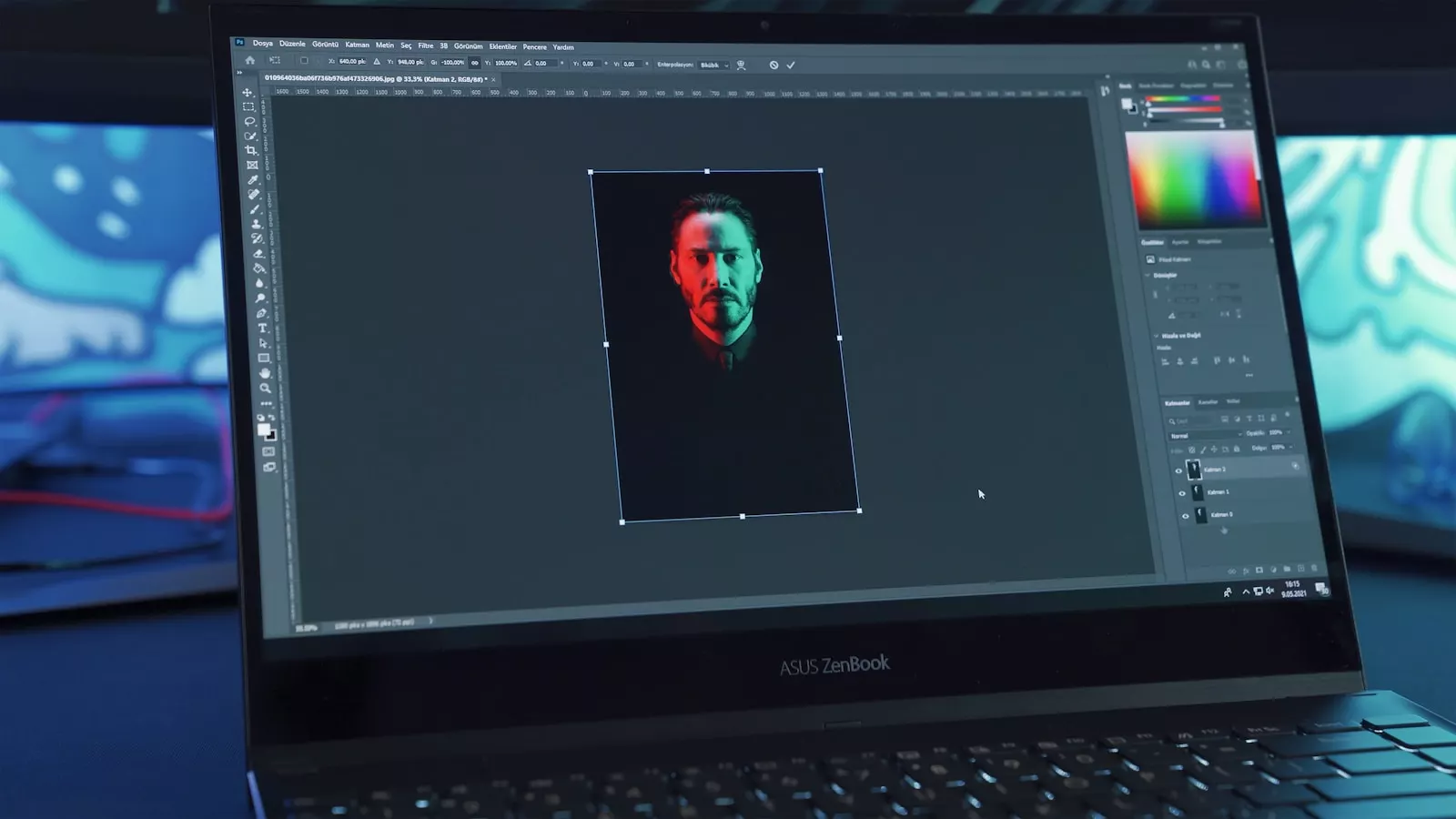




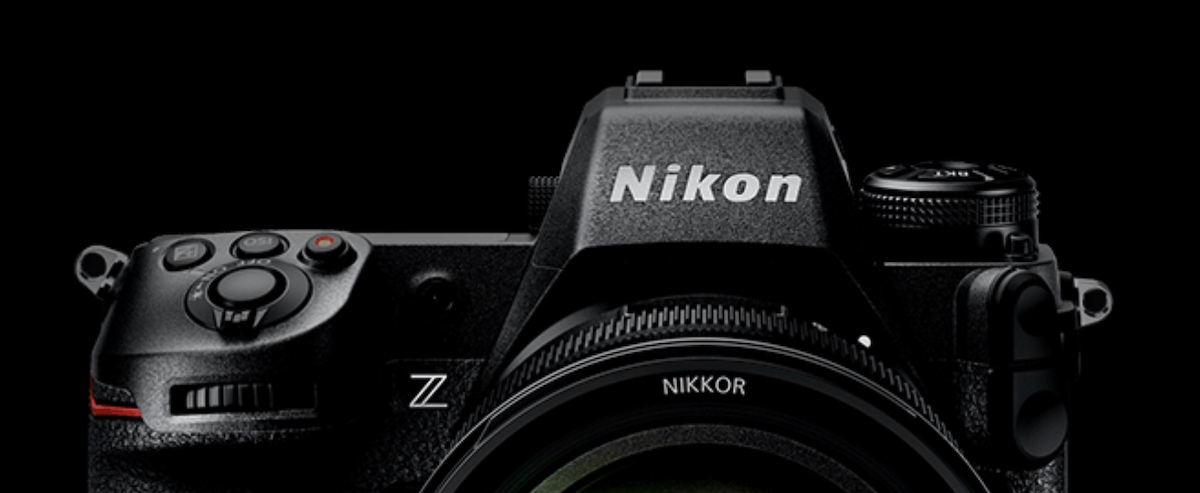
























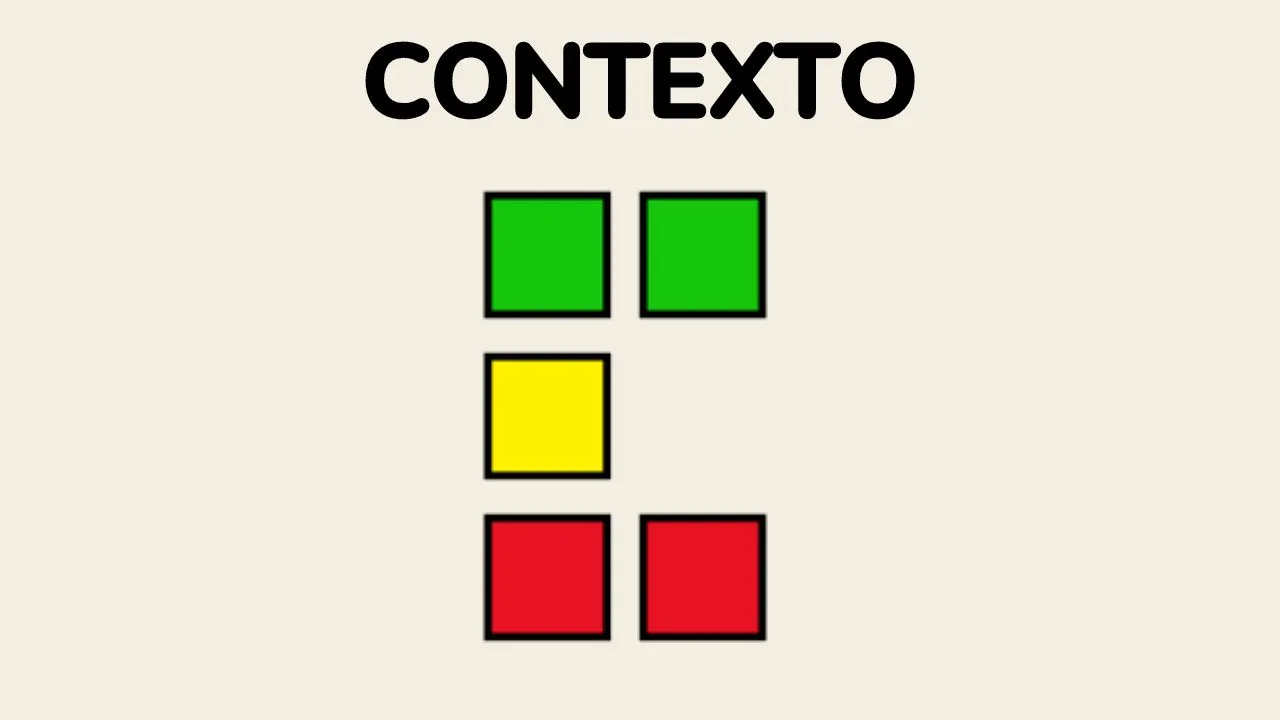





-Baldur’s-Gate-3-The-Final-Patch---An-Animated-Short-00-03-43.png?width=1920&height=1920&fit=bounds&quality=70&format=jpg&auto=webp#)












